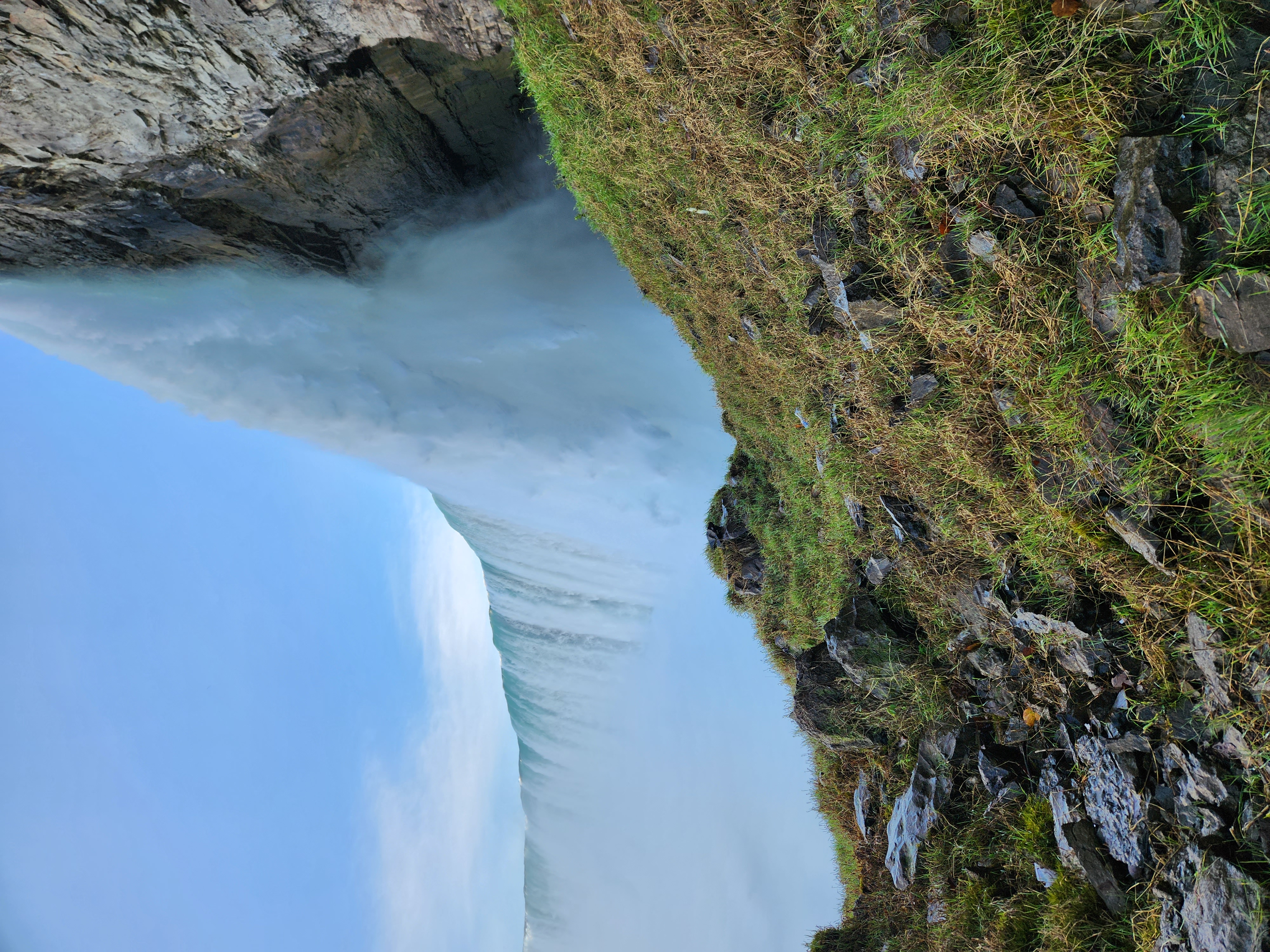Why Canada Needs a Robust Diesel-Electric Submarine Fleet for the Arctic
Canada’s Arctic region is a vast, resource-rich area that plays a critical role in national sovereignty, economic development, and environmental security. As global warming reduces ice coverage, opening new shipping routes and increasing foreign interest in the Arctic, Canada must enhance its ability to monitor and protect its northern waters. A robust fleet of diesel-electric submarines is essential to assert sovereignty, deter foreign incursions, support allied operations, and address security challenges in the Arctic.
1. Protecting Canadian Sovereignty
The Arctic is a vital part of Canada’s identity and territorial claim. As ice recedes, new maritime passages, such as the Northwest Passage, are becoming navigable for longer periods. These waters fall within Canada’s exclusive economic zone (EEZ), but other nations, including the United States and China, challenge Canadian sovereignty over the region. A fleet of diesel-electric submarines would provide Canada with a persistent presence in Arctic waters, allowing for covert surveillance and enforcement of territorial claims. Unlike surface ships, submarines can operate stealthily under the ice, making them ideal for monitoring foreign vessels and deterring unauthorized activity.
2. Addressing Growing Geopolitical Challenges
The Arctic is becoming a focal point for geopolitical competition, particularly between NATO countries and Russia. Russia has heavily militarized its Arctic zone, expanding its fleet of nuclear-powered submarines and building military bases along the Northern Sea Route. China has also declared itself a "near-Arctic state" and is increasing its presence in the region. Without a strong submarine force, Canada risks falling behind in this strategic environment. A diesel-electric submarine fleet would enhance Canada’s ability to conduct intelligence-gathering operations, patrol its Arctic waters, and respond to emerging threats.
3. Enhancing Underwater Surveillance and Security
Canada currently relies on surface ships, aerial surveillance, and partnerships with allies for Arctic security. However, surface vessels are limited by ice conditions, and aircraft have restricted operational windows due to weather. Submarines, on the other hand, offer a unique advantage—they can operate beneath the ice for extended periods, undetected by adversaries. Modern diesel-electric submarines equipped with air-independent propulsion (AIP) systems can remain submerged for weeks, providing real-time intelligence on foreign submarine movements, illegal fishing, or unauthorized military activity. This capability is crucial for maintaining situational awareness in an increasingly contested Arctic.
4. Supporting Allied Operations and Strengthening NORAD/NATO Commitments
Canada is a key member of NORAD and NATO, and its strategic location makes it a crucial player in Arctic defence. The United States, the United Kingdom, and other NATO allies operate submarines in the Arctic, but Canada lacks its own under-ice capability. By investing in a fleet of diesel-electric submarines, Canada would contribute significantly to joint operations, intelligence sharing, and anti-submarine warfare efforts. This would enhance the country's standing among allies and ensure that it plays an active role in regional security rather than relying on foreign support.
5. Diesel-Electric Submarines: A Practical Choice for Canada
While nuclear-powered submarines offer unlimited endurance and under-ice capabilities, they come with high costs and complex infrastructure requirements, including specialized maintenance facilities and nuclear regulations. In contrast, modern diesel-electric submarines, particularly those with AIP technology, offer a cost-effective alternative. They can operate in Arctic conditions for extended periods, conduct stealth operations, and be deployed from existing naval bases without the need for expensive nuclear support systems.
6. Economic and Technological Benefits
Building or acquiring a fleet of diesel-electric submarines would also provide economic benefits. Investing in domestic submarine construction and maintenance facilities could create high-tech jobs and strengthen Canada’s shipbuilding industry. Additionally, advancements in submarine technology, such as under-ice sonar systems and hybrid propulsion, could position Canada as a leader in Arctic defence innovation.
Conclusion
The Arctic is becoming increasingly contested, and Canada must take proactive measures to defend its sovereignty, protect its resources, and contribute to global security. A fleet of diesel-electric submarines would provide Canada with a strategic advantage, enabling covert surveillance, deterrence, and rapid response capabilities in Arctic waters. Investing in this capability would not only enhance national security but also reinforce Canada’s role as a responsible Arctic power in the face of growing geopolitical challenges.













